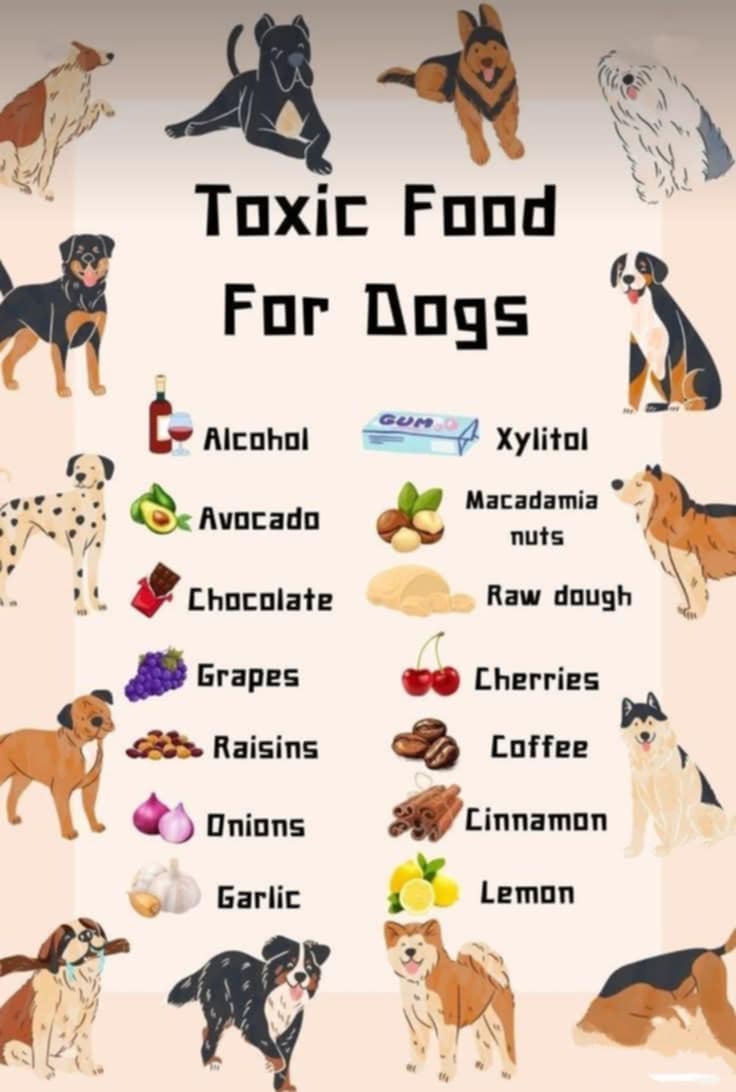Poisoning (toxicosis)

Poisoning (TOXICOSIS)
Introduction:
In cases of sudden illness, pet owners think about poisoning more often than it actually happens. There is no time to think about poisoning, however, as, if there is a toxin involved, you have to act fast! It is essential to know exactly which poison your pet has been affected by because treatment entirely depends on the toxin.
Symptoms:
Toxic substances are most commonly taken orally by animals in which case the body will try to get rid of the poison as quickly as possible. This results in vomiting, diarrhea, fluid loss, and symptoms corresponding to any organ damage caused by absorption of the poison.
Most commonly occurring toxicoses and organ symptoms:
- Rodenticide poisoning (Dicoumarol toxicosis): hemophilia, bleeding, anemia, pale mucous membranes, jaundice, weakness.
- Antifreeze poisoning (Ethylene glycol toxicosis): weakness, loss of coordination, paralysis of the hind limbs, renal failure, decrease in urine production, muscle cramps.
- Pesticide poisoning (Organophosphate toxicosis): salivation, tremors, muscle spasms.
- Snail and slug bait poisoning (Metaldehyde toxicosis): salivation, shortness of breath, abdominal pain, tremors, rigid spasms, fever.
- Plant poisoning (Phyto toxicosis): e.g. in Rhododendron poisoning has neurological symptoms, milk grasses cause stomatitis, bloody diarrhea, bloody urine, jaundice, and convulsions may occur. Renal failure may occur with grapes and raisins.
- Poisoning by human medicine: e.g. sleeping pills, sedatives, dullness
- Gramoxone poisoning (Paraquat toxicosis): a herbicide, may cause lung edema, dyspnea, crackling breath sounds.
- Certain anti-parasitic agents, such as pyrethroids, which can be used only for dogs, can cause serious poisoning in cats with severe neurological symptoms, muscle spasms
- Poisonous gases and fumes poisoning: causes dyspnea.
- Poisoning due to corrosive substances (acids, bases): skin irritation, skin swelling, if swallowed intestinal corrosion, diarrhea, vomiting.
- Dark chocolate
Diagnosis:
Exact medical history is crucial in diagnosing a poisoning. Of course, toxicological tests can be carried out from various body exudates such as vomit, feces, blood, urine as well as the suspected toxin. In some cases, additional studies may be required, such as abdominal ultrasound examination with antifreeze poisoning, chest x-ray with Gramoxone poisoning, and blood clotting measurement for rat poison poisoning.
Treatment:
Treatment is only possible with accurate identification of the toxin, so it is imperative to know what poison we are dealing with. In the meantime, supportive treatment should be used, the essence of which is the removal of toxins, the inhibition of absorption, the treatment of general symptoms, and the treatment of organ failure. Most ingested toxins can be expelled by emesis, but if the toxin was applied to the skin it must be washed off. The possibility of absorption must be minimized by increasing gastrointestinal motility and administering a binding agent (e.g. charcoal). Supportive treatment is essential to hydration, then you should start a causative treatment for the particular toxin, which is very diverse.
